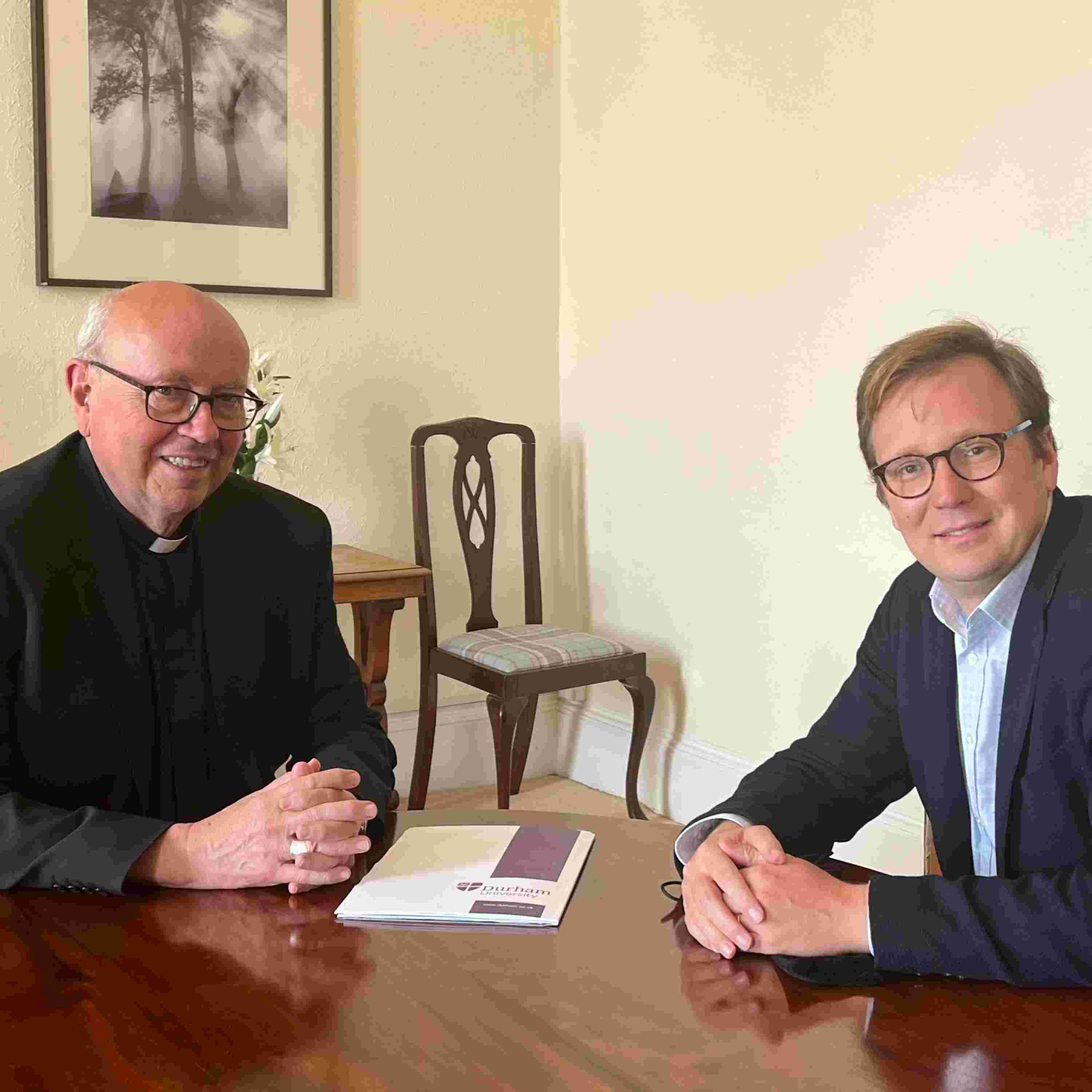

The Archbishop of Liverpool, Malcolm McMahon, took charge of the Diocese of Hexham and Newcastle following the resignation of Bishop Robert Byrne who stepped down due to serious failures of leadership in child protection.
In this podcast, the archbishop speaks for the first time about the problems in the diocese, the changes he has sought to introduce and the importance of the synod process or better church governance.
Among the questions for discussion at the synod summit in the Vatican in October is how bishops can exercise their ministry in a way that includes more voices, including women. Bishop Byrne was accused of failing to listen to the advice of his (female) safeguarding adviser, along with multiple failures of governance.
“I think there was a fundamental problem about governance within the diocese. The authority within the diocese was really centred on a few priests who had several roles. There was no real distribution of authority within the church structures,” the archbishop told me.
The archbishop apologised to all those affected by the problems in Hexham and Newcastle — which was the subject of numerous inquiries — saying the events in the diocese had been “very hurtful and painful for people.” He stressed, however, that measures had been taken to help heal the damage, including ensuring that the charitable trust which governs the diocese as a civil entity has an equal number of lay and clergy trustees. The diocese in the north of England, home to the northern saints that converted people to Christianity in the seventh and eighth centuries, is seeking to open a new chapter with the appointment of Stephen Wright as its new bishop.
In a powerful and prophetic symbol, the installation ceremony saw Bishop Wright receive prayer ribbons from abuse survivors that were tied to his episcopal chair. One of them, Maggie Mathews, then spoke about abuse in the Church including the “structures” that lead to it.
Archbishop McMahon said he believed the Church’s synod process points the “way forward” and spoke about the synod that had taken place in Liverpool diocese. He said it led him to introduce a new advisory council of lay people and priests, emphasising social action.
He said a “revolution” in the Church would come about when the structures in the Church are populated with people who have become “synodal”, meaning they can listen, discern and encourage greater participation among Catholics.
During the interview, the Dominican archbishop said the synod could open the door to the ordination of married men, female deacons and greater inclusion of same-sex couples.
“We have to be open to change in the future, whether it’s in ministry or whether it’s in the way people live their lives together,” he said. “We are working out of different frameworks of morality to the ones which are current now.”
The challenge, he said, is “not to keep saying ‘we are right, and we’ve got this correct’, but we need to listen and discern more deeply about so many aspects of people’s everyday lives.”
He saw no “theological impediment” to changing the discipline of ordaining married men as priests, and neither are there “too many obstacles” to female deacons. On same-sex couples, he said he had “always included gay people in the life of the parish” as a priest and that “personal actions or morality” should be left to “the spiritual adviser, confessor.”
The archbishop also suggested that lay people be given a stronger voice in appointing bishops, and there “should be a method of gathering together the people’s thoughts within a diocese when a vacancy becomes apparent.” The appointment of bishops, including more “participatory selection procedures”, is on the agenda for the October assembly.
Producer: Silvia Sacco
Editor: Jamie Weston